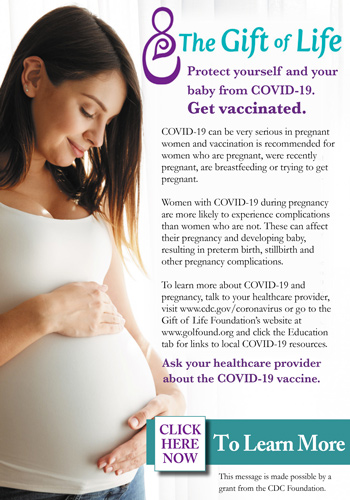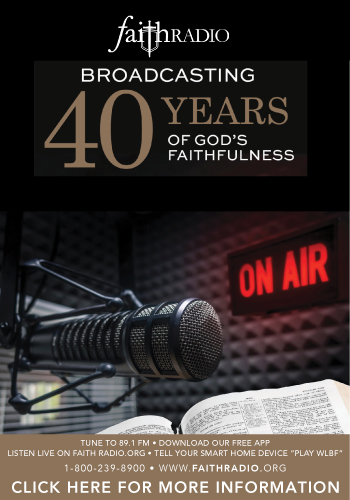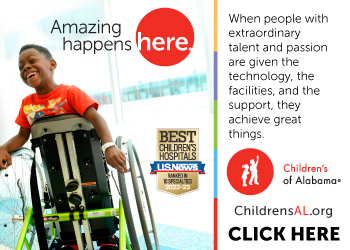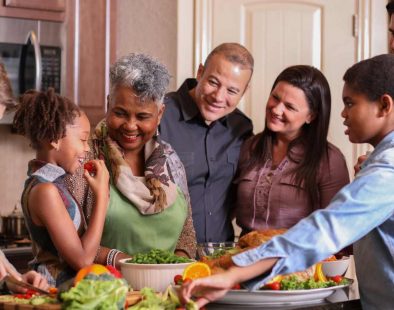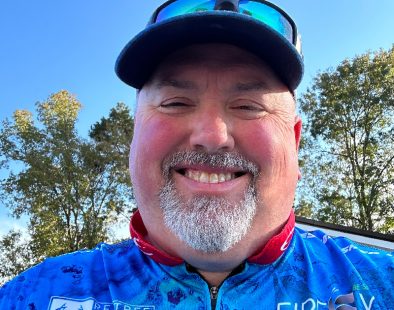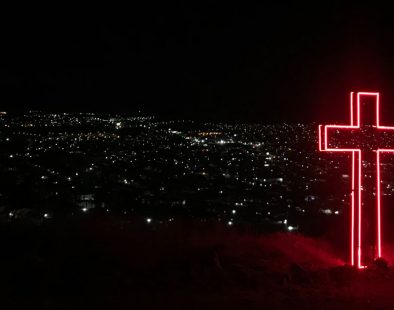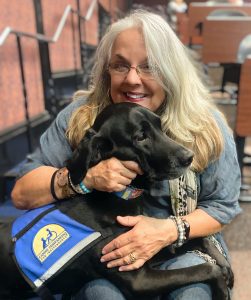
When Kathryn Guthrie and her team reach out to women who have been sex trafficked, the victims may be so far into a darkness that they often can’t figure out their first step to end the victimization. Through the worthy2 ministry, they are offered guidance in taking that first step. Then, the second.
“We do not go in preaching the gospel to them, but we go in loving them the way Jesus loves us,” Guthrie said. The ministry of worthy2 – or worthy-squared – advocates for those exploited by sex trafficking or commercial sex so they may reclaim their dignity and self-worth with a team compassionately guiding and mentoring them as they discover true freedom and the faith to dream again. “I thought (sex trafficking and exploitation) was a global issue and not happening in our backyard. So from an advocate standpoint, it’s my heart.” Guthrie’s passion for this came after adopting her then-7-month-old daughter from Hanoi, Vietnam, in early 2008. She knew that if her daughter had remained in her birth country, she would have been at high risk for sex trafficking. Vietnam is a human trafficking hotspot, Guthrie said, with trafficking generating tens of billions of dollars annually. While researching the issue of sex trafficking, she quickly realized that the global problem of human trafficking – modern-day slavery – was also happening at home. In 2019, the commercial sex industry in the Metro Birmingham area alone was estimated to be $110 million annually. This figure does not include the sex trafficking of minors or illicit massage facilities.
“We are here to let the women know there is help – that there is a way out,” Guthrie said. “Many times, they don’t realize they are being trafficked. We are their voice until they find their own, whether we meet them through law enforcement identified as being trafficked, or if we encounter them through street or online outreach.”
Women no longer primarily walk the streets. While you’ll still see that in larger cities, such as Montgomery or Birmingham, and where it is used as a punishment for not following the trafficker’s rules, it’s estimated that 70 percent of all commercial sex is initiated from online ads.
Guthrie explains, “A buyer or ‘john’ can just go online and order an ‘in call,’ which is when the buyer will go to the hotel or location where the woman is staying. Or an ‘out call,’ when she will meet him somewhere.”
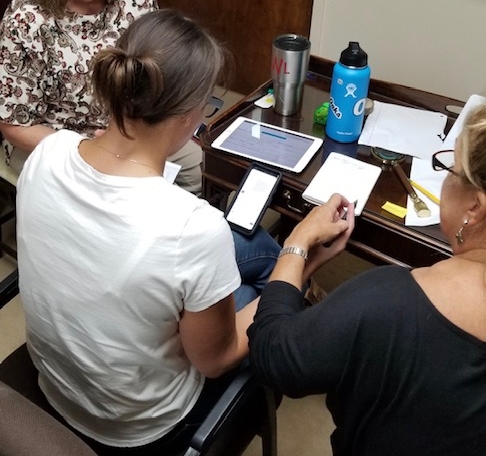
In May 2018, Guthrie met with the directors of Redeem, an anti-sex trafficking ministry in Columbus, Georgia, and then stepped into God’s purpose for her by joining the fight to break the chains of sex trafficking and commercial sexual exploitation and to become an abolitionist in the fight against this modern-day slavery.
She served as the director of Redeem Alabama until January 2021. Then, in May 2021, the vision of worthy2 was born.
The name of the ministry, she said, came from a still, small voice that whispered to her, “Daughter, look at your forearm.” In September 2019, Guthrie had the word “worthy” tattooed on her left forearm so she would remember she is worthy when she looks at it.
“I’ve been on a journey,” she said. “God’s never left me, but I’ve left Him. I’m living proof that God wastes nothing. These women do not feel worthy. I needed to tattoo that on my forearm. I look at my arm and see this word multiple times daily, which reminds me.
“I see these women come in and feel so unworthy … but we are because He is. God is worthy of our praise, and we are His daughters, and that makes us worthy.”
While worthy2 is based in Opelika, Guthrie and her team work across the state and partner with other ministries in Alabama and Georgia. They also work in a support role as advocates with federal, state and local law enforcement agencies.
She and her team worked closely with five women who recovered from sex trafficking in Montgomery in September 2020. They were able to witness when, two years later, the women walked in “with God as the lifter of their heads. With His amazing grace and courage, they testified against their trafficker. For these survivors to see that kind of restoration, closure and grace was amazing. They are ‘our girls.’ We walk with them from when we first meet them all the way through, from detox to long-term recovery programs to family court if there are custody issues. If they were actively being trafficked and incurred felony charges, we walk them through the expungement process, so they begin their new lives with a clean record.
“We walk them from the beginning to full freedom.”
A lot of people don’t see the women as victims, Guthrie said. They see them as drug-addict prostitutes. But rather, there is fear, force, fraud, and coercion. They are controlled with food and drugs. The psychological warfare, one survivor told Guthrie, can be worse than any physical beating they take.
“The law enforcement team that we work with sees them as victims,” she said. “It’s a cultural mind shift not just for law enforcement but with people, in general, to see them as victims. We couldn’t even talk about it here five or six years ago. But now, people do understand it’s happening.”
While the victims are initially recovered from the streets, it may take three or four interactions with them before they admit they are being sexually exploited.
“The most amazing thing is that there is an anointing – a gift from God – that we can establish a trust with them,” Guthrie said. “We tell them we will never judge them and that we’ll always tell them the truth.
“It is such an honor and a blessing when they let us in. I get so emotional about it because they come to trust us. We become their people. The trust they give us – to be able to build that relationship – is just an honor.
“We don’t always get a success story, but we always plant that seed. Sometimes the women leave and don’t come back. Every woman on our team or that we partner with has a story. It makes a difference when we share that and can empathize and have compassion.
“We do know the number one weapon against this is prayer,” she said. “And we pray there’s forgiveness and salvation at the end of the day.”
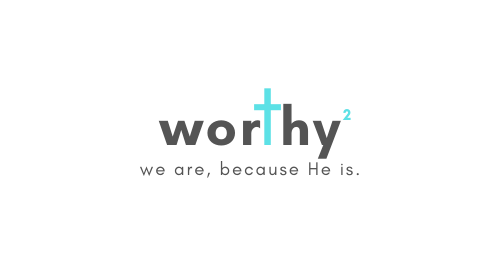
How to Volunteer
Visit www.worthy2.org and click
on the “Join the Fight” tab
Get Help
If you, or someone you know, needs
help contact the worthy2 HelpLine at
334-352-8280.
By the Numbers
In 2021: 321 victims were identified
32 survivors are still in contact with worthy2
15 survivors in residential treatment
programs 10 survivors are fully restored.

